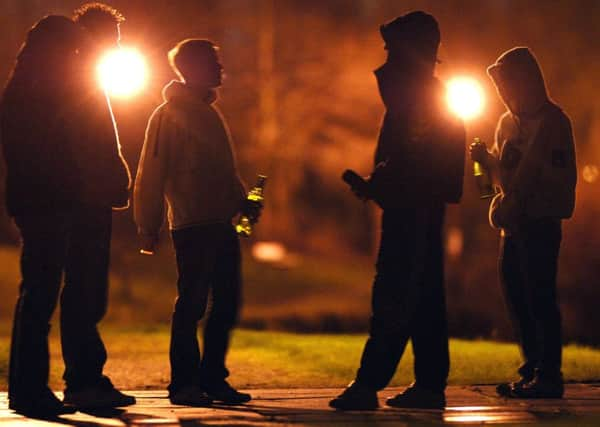Health Boards asked to work with police to improve missing persons protocol


The overstretched force has spent more than £1 million on the issue this year, with one teenager going missing on 77 different occasions.
Douglas Ross, Scottish Conservative shadow justice secretary, said it was clear that police were “struggling to keep on top” of these cases.
Advertisement
Hide AdAdvertisement
Hide AdHe added: “We need to look at the opportunities for other agencies like the NHS and local authorities to work more closely with officers.
“It would be in everyone’s interests to get to the bottom of why so many youngsters are going missing, and how we can reduce that in future.”
Across the Capital, 30 per cent of missing people vanish from youth units and 20 per cent from hospitals.
The number of reports is disproportionately high in the south of the city because it has two hospitals and several residential units for children.
Advertisement
Hide AdAdvertisement
Hide AdHealth bosses said they were keen to continue helping police to tackle the issue, but stressed that they could not stop people from leaving their care.
Professor Alex McMahon, director of nursing and midwifery, said NHS Lothian already had “agreed protocols in place” with Police Scotland.
“However, we cannot impede the individual rights of our patients who are in hospital on a voluntary basis and they hold the right to discharge themselves from our care when they wish,” he said.
Councillor Paul Godzik, children and families leader, said the council provided “significant financial support” for police services – more than £2m this financial year.
Advertisement
Hide AdAdvertisement
Hide Ad“If a young person goes missing we assess the risk based on their history and follow an agreed joint protocol,” he said. “A dedicated partnership process led by senior police and council officers focuses on helping young people who repeatedly go missing. They will have often experienced difficult circumstances and we prioritise them, fully examining the reasons they go missing.
“We aim to support young people in ways that will maximise wellbeing and reduce risk. Action plans are created and monitored, with tasks given to the most appropriate services.”
Last year, police in Edinburgh dealt with 4438 reports of missing people and has seen a further 2300 this year.
Karen Robinson, director of developments and partnerships at Missing People, said: “[Going] missing is a sign that something is wrong and while someone is away they are at increased risk of harm and exploitation. We welcome the Scottish Government’s focus on developing a national missing person’s strategy. Every time a person returns from being missing, agencies have an opportunity to intervene and prevent future harm which is why we believe every missing child and adult should be offered an independence return home interview.”